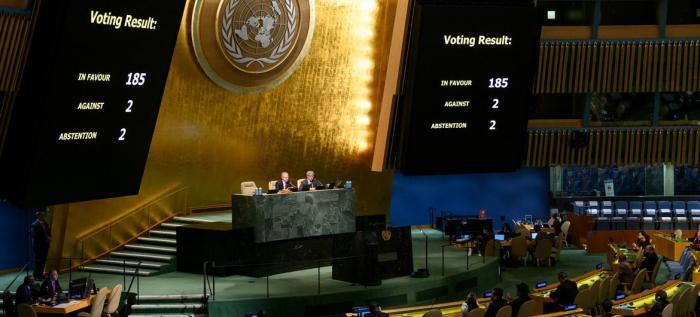
Certainly, paraphrasing the writer Augusto Monterroso fits like a glove when talking about that archaic andcruel phenomenon that, day in, day out, harasses the island: every time Cuba wakes up, the blockade is still there.
But this piece of U.S. history against the Cuban Revolution is, by no means, the shortest story in the world; on the contrary, it is a saga of moral lowness of a very powerful country, with no other arguments against its small neighbor than the dangers of a different social order in a ruthless world, whose sordidness brings incredible profits to a few.
Sure, Cuba has a privileged geographical position, and considerable potential for tourism and other businesses, but the imperialists can live without that. What they cannot stand living along is the example and the possibility of another way of distributing wealth, based on different values, and, moreover, without bending their knees in the face of the power of money.
The price of that Cuban bravery is the economic, commercial and financial blockade, a real dinosaur that suffocates the Cuban people in the old style of medieval sieges.
It is a matter of establishing a wall around the island and preventing the entrance of what is essential for subsistence. Surrender through hunger and desperation is an ancient and brutal method, applied openly and unjustly against Cuba, in the midst of a century of modernity and alleged diplomatic height.
It matters nothing to the U.S. Government that, year after year, the world overwhelmingly repudiates the blockade. It continues to exercise its will to steal even the air from the country that inflicted it the first defeat on Latin American territory.
Self-determination is expensive. Denying medical oxygen and pulmonary ventilators in the midst of a pandemic exceeds all scales of inhumanity.
The most terrible thing about the blockade is that its wall cannot be seen, and they are betting on that invisibility. It is difficult, in the circumstances of the current energy and economic crisis facing the nation, to follow the line that goes from the harshness of everyday life to the actions of the blockade, which prevent transactions, stop sales, deny services... even outside U.S. territory.
And yet, in spite of the blockade, Cuba resists in the dignity and justice of its cause, seeking alternatives, fighting internal inefficiencies, persevering on a path that will never depend on the will of a foreign power. Its demand to be left in peace is made, not from impassivity, but from the fiercest conviction to move forward.
The harassment has come up against tremendous obstacles: the strength of the Cuban people, the capacity of the revolutionary project to make and remake itself, the communion with the leaders, the beauty of a national spirit that has much in itself of those who fought for our independence.
It is true that every morning the blockade dawns unchanged, but also every morning the sun rises and the Homeland is here, proud.








